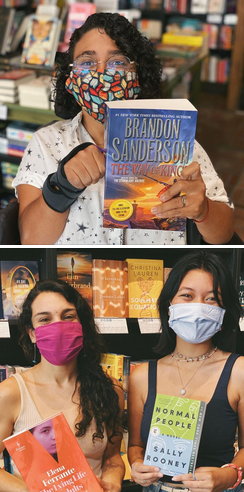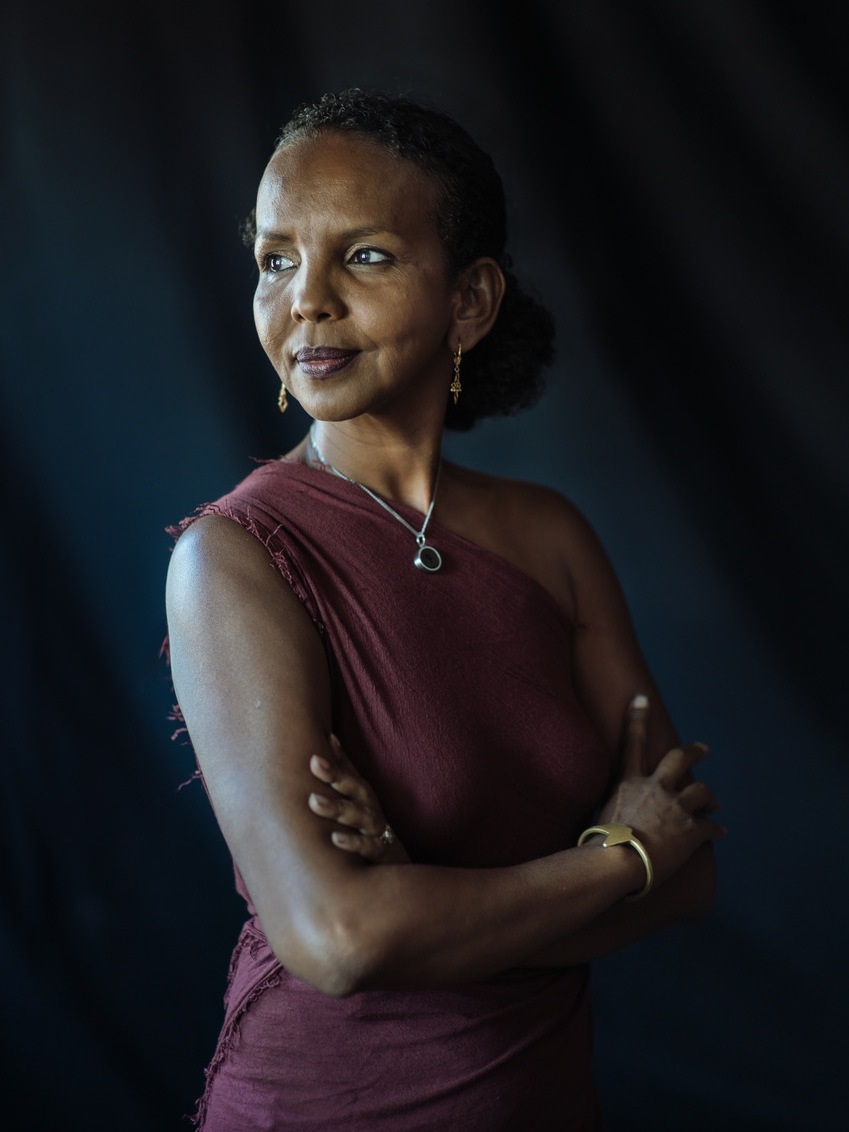 |
| photo: Michael Woolsey |
Shugri Said Salh was born in the desert of Somalia in 1974 and spent her early years living as a nomad. In 1992, she emigrated to North America after civil war broke out in her home country. She attended nursing school at Pacific Union College and graduated with honors. Salh has been storytelling since she could talk. From her grandmother and the nomadic community in which she was raised, she heard stories and learned of their power to entertain, teach and transform. When she isn't writing or telling stories, she works as an infusion nurse. She lives in California's Sonoma County with her husband and three children. The Last Nomad: Coming of Age in the Somali Desert (Algonquin, August 3, 2021) is her first book.
On your nightstand now:
I always have a pile of books and read several at a time. I just finished The Vanishing Half by Brit Bennett and Where the Crawdads Sing by Delia Owens, both of which I loved. The whole idea of "race jumping" in The Vanishing Half intrigued me, and how the twins lived completely opposite lives--one Black and poor and one white and privileged--and the secrets and deceptions it took for one to live as a white woman. Where the Crawdads Sing married my two favorite subjects: nature and love. Delia Owens wove a beautiful story that had me reading the book everywhere I went--in the tub, on a hike, on the toilet.
I am currently in the midst of reading two books. The first is What Happened to You?: Conversations on Trauma, Resilience, and Healing by Bruce D. Perry and Oprah Winfrey. After I lost my beloved younger brother to alcohol addiction this past spring, I wanted to delve deeper into understanding the price of trauma. The other book I am reading right now is Sapiens by Yuval Noah Harari. I have always been fascinated by those who lived before us and how they survived. If I hadn't become a nurse and a writer, I would have been an anthropologist.
Favorite book when you were a child:
When I was a child, I did not have books to read. Living in the nomadic lands of Somalia, I was immersed in our oral tradition of storytelling and reciting poetry around the fire at night. I heard stories of brave ancestors battling other tribes or wild animals, traditional tales and poems composed on the spot. One of the stories that enchanted and frightened me as a little girl was the story of Dhegdheer, a long-eared evil witch that ate disobedient nomadic children. The story was designed to scare children and keep them from wandering off into unsafe territory, but there were also a few wise children who outsmarted Dhegdheer. This is what really captivated me about the story--I envisioned myself as one of those heroic children who could outsmart Dhegdheer.
Your top five authors:
Right now my favorite author is Delia Owens. I can't stop re-reading her book. Her descriptions move me and evoke my memories of growing up in the Somali desert and the strong connection that nomads have to the land. I also love the style of Brit Bennett, Trevor Noah, Chimamanda Ngozi Adichie and Ken Follett. They all write with honesty, eloquence and relatability.
I also have to mention all of the Somali storytellers, both oral and written, that shaped my childhood. Somalia is known as a nation of poets, and I have been touched by all of the poets who tell the story of our lives.
Book you've faked reading:
I wouldn't call it faking it, but I really wanted to read The Power of Now by Eckhart Tolle, but I just couldn't get through it. I think I liked the idea that it would make me look more intelligent or feel more "whole" if I read it, but for whatever reason, the concept felt unattainable to me. So rather than faking it, it feels more like I failed in my quest for this knowledge. At times I do carry a conversation as if I've read the whole book, but with closer examination it's clear that it was a half-done job.
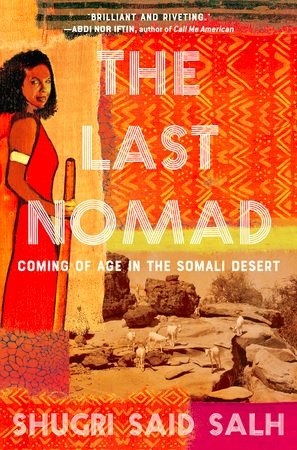 Book you're an evangelist for:
Book you're an evangelist for:
One book I am really passionate about is Homegoing by Yaa Gyasi. Gyasi follows the families of two half-sisters from Ghana for the last 300 years. One of the sisters was married off to an Englishman and lived a life of comfort and the other was sold to America as a slave. Following the two women's descendants through the generations is an amazing experience.
Book you've bought for the cover:
Man's Search for Meaning by Viktor E. Frankl. The cover intrigued me and it's also one of those books that makes you look sophisticated to own it, but I am genuinely interested in the topic. However, in all honesty, I haven't finished reading it. It is on my list to finish on my next vacation--it's the kind of book that you have to be fully present to read and digest. I'm not giving up, because it feels like it has some answers that I am searching for.
Book you hid from your parents:
When I was in high school and living with my older sister in Mogadishu, I started being curious about sex. Somali girls were not allowed to know anything about sex--it was a completely taboo subject. So I turned to my peers, especially young girls who were getting married early, to find the answers to my questions. I wasn't aware of any books on the subject, and even if they existed, no one would sell them in public to a young girl. Since I didn't have any black market connections, I had to rely on oral information. But I definitely hid the fact that I was seeking this information from my family.
Book that changed your life:
When I first emigrated to Canada, the first book I ever read was by Sue Johanson, and it was questions and answers about female anatomy and sex. Clearly I didn't get far with my questions to my friends (turns out they didn't know much either!). Johanson's book changed my life because it taught me all the things about my body that I never knew. For a girl who grew up in a country where female circumcision was the norm, the only things I knew about my body were others shaming me and the trauma that was put on it. This book taught me about the beauty of my body and took away a layer of shame that had existed all my life. It looked like she was even celebrating the female body!
Favorite line from a book:
Over the years I have highlighted or marked so many favorite lines that it is hard to choose, but my most recent favorite line is from Where the Crawdads Sing. It is part of a poem that the main character wrote:
"Luring him was as easy/ As flashing valentines./ But like a lady firefly/ They hid a secret call to die."
These lines echo the deep oral tradition of my family.
Five books you'll never part with:
Educated by Tara Westover, Girl Waits with Gun by Amy Stewart, Homegoing by Yaa Gyasi, Where the Crawdads Sing, The Vanishing Half and Born a Crime by Trevor Noah. I know that's six. I couldn't leave any of those out.
Book you most want to read again for the first time:
Don Quixote. My brilliant poet brother recommended this book to me 20 years ago, but I just couldn't grasp the language at that time. I kept picking it up and putting it down and trying to struggle through it. Recently, my brother passed away unexpectedly and I want to read Don Quixote again, both to see if I can now understand it better and to connect to my brother by reading one of his beloved favorites.
Other memoirs that inspired your writing:
I read a lot of memoirs and I am especially inspired by those that are crafted in an engaging way and really bring a story alive for the audience. But the two memoirs which guided me the most are When Breath Becomes Air by Paul Kalanithi and A Long Way Gone by Ishmael Beah. When Breath Becomes Air encouraged and further inspired me with the beautiful writing and the way he drew the reader into his story. And I found A Long Way Gone to be eloquent and engaging even though the subject matter was brutal at times. It made me realize that I too could produce something captivating while sharing my story.
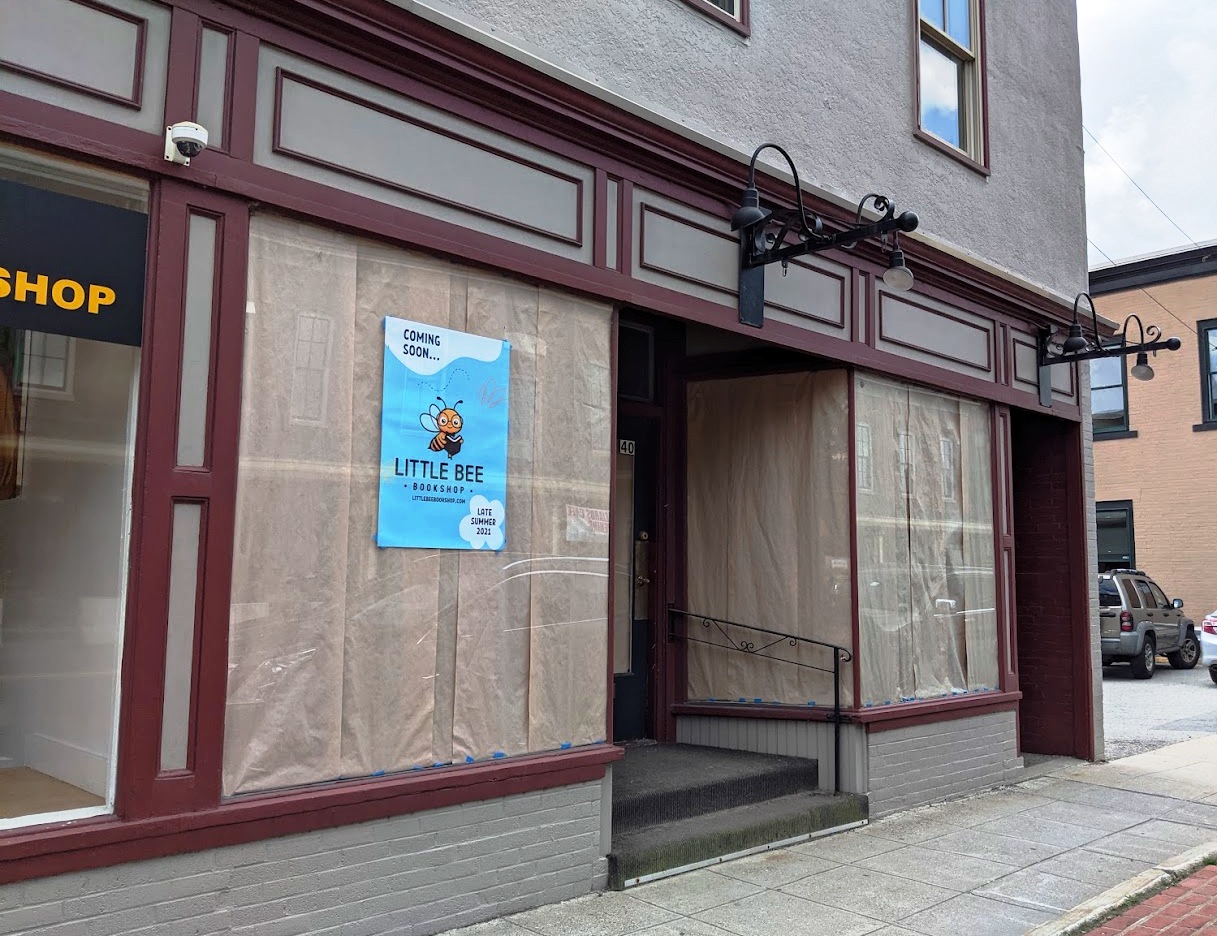 Little Bee Bookshop, a children's bookstore focused on accessibility and environmental and social responsibility, will open in Ayer, Mass., before the start of the school year.
Little Bee Bookshop, a children's bookstore focused on accessibility and environmental and social responsibility, will open in Ayer, Mass., before the start of the school year. 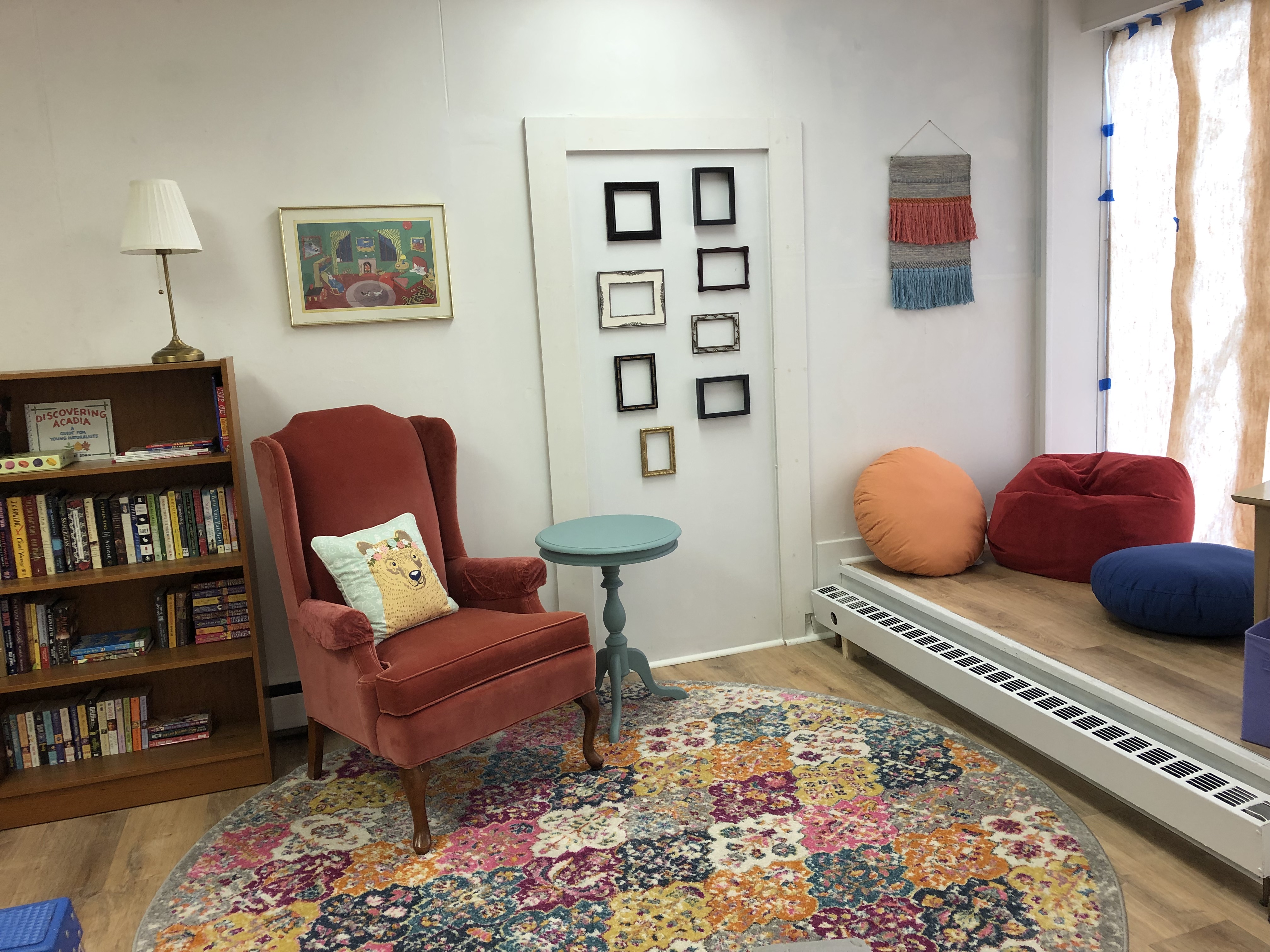 Her event plans include storytime sessions and drop-in craft times. She has an art wall set up, and once the store opens, kids will be able to come in and use the store's supplies to create art they can put up on the wall. While the store is small, Rivera noted that she has kept things as "modular as possible" so the bookstore can be easily rearranged. In addition to children's events, she has already had conversations about hosting local mom groups and home-schooling groups.
Her event plans include storytime sessions and drop-in craft times. She has an art wall set up, and once the store opens, kids will be able to come in and use the store's supplies to create art they can put up on the wall. While the store is small, Rivera noted that she has kept things as "modular as possible" so the bookstore can be easily rearranged. In addition to children's events, she has already had conversations about hosting local mom groups and home-schooling groups.









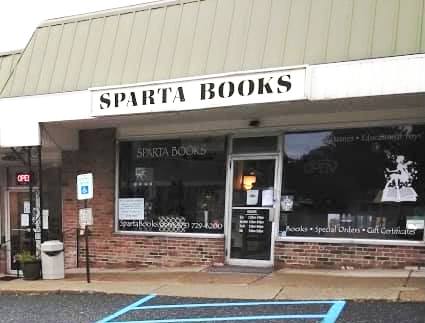 Jenn Carlson is the new owner of
Jenn Carlson is the new owner of 
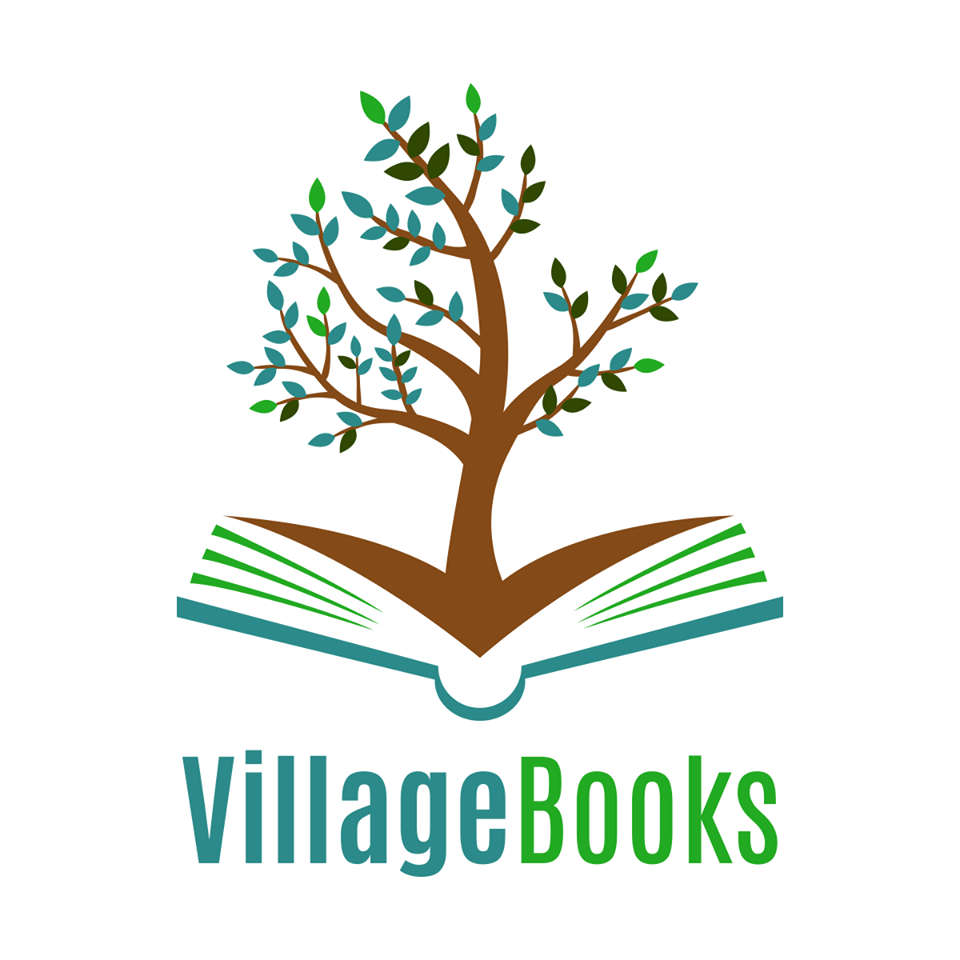 Owner Teresa Kenney has
Owner Teresa Kenney has 
 Amazon has major plans for expansion in Florida, with six new facilities scheduled to open in 2022, including a robotics fulfillment center and five additional delivery stations. The 630,000 square-foot fulfillment center will be in Tallahassee, while new delivery stations are planned for Melbourne, Riviera Beach, Coral Springs, Fort Myers and St. Petersburg (City of Pinellas Park). The company has more than 50 customer fulfillment and delivery locations in Florida.
Amazon has major plans for expansion in Florida, with six new facilities scheduled to open in 2022, including a robotics fulfillment center and five additional delivery stations. The 630,000 square-foot fulfillment center will be in Tallahassee, while new delivery stations are planned for Melbourne, Riviera Beach, Coral Springs, Fort Myers and St. Petersburg (City of Pinellas Park). The company has more than 50 customer fulfillment and delivery locations in Florida.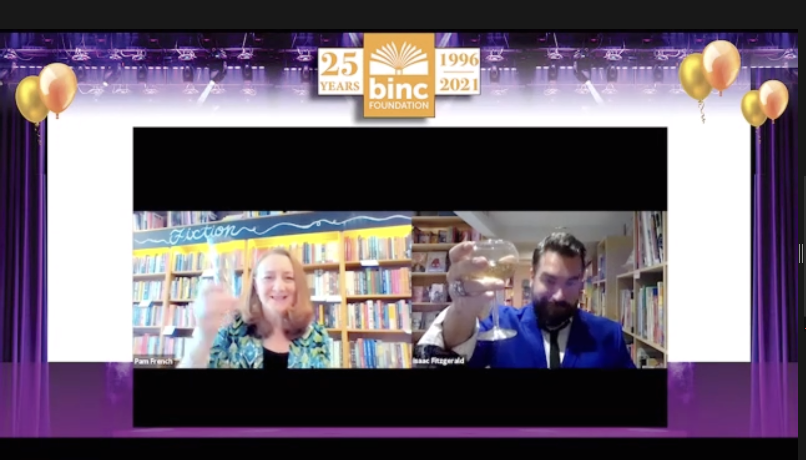 Congratulations to the Book Industry Charitable Foundation (Binc), which celebrated its 25th anniversary last night! The Zoom event was hosted by author Isaac Fitzgerald (above, r., toasting with Binc executive director Pam French). Honorees and introducers included Ann Patchett, Niki Coffman, Leigh Bardugo, Anthony Doerr, Celeste Ng, Jeff Kinney, David Steward II, Kuo-Yu Liang, Garth Stein, Steven Malk, Mac Barnett, Min Lin Jee, Jason Reynolds and Jim Lee. Former Borders executive Anne Kubek honored former Borders CEO George Mrkonic, who, in 1996, launched the foundation as "an internal United Way" to help booksellers in need. Everyone praised Binc's work helping bookstore, booksellers, comic shops and comic shop staff, and some recounted particular cases. Concerning the past year, as DC's Jim Lee said, "Batman couldn't have done it better."
Congratulations to the Book Industry Charitable Foundation (Binc), which celebrated its 25th anniversary last night! The Zoom event was hosted by author Isaac Fitzgerald (above, r., toasting with Binc executive director Pam French). Honorees and introducers included Ann Patchett, Niki Coffman, Leigh Bardugo, Anthony Doerr, Celeste Ng, Jeff Kinney, David Steward II, Kuo-Yu Liang, Garth Stein, Steven Malk, Mac Barnett, Min Lin Jee, Jason Reynolds and Jim Lee. Former Borders executive Anne Kubek honored former Borders CEO George Mrkonic, who, in 1996, launched the foundation as "an internal United Way" to help booksellers in need. Everyone praised Binc's work helping bookstore, booksellers, comic shops and comic shop staff, and some recounted particular cases. Concerning the past year, as DC's Jim Lee said, "Batman couldn't have done it better."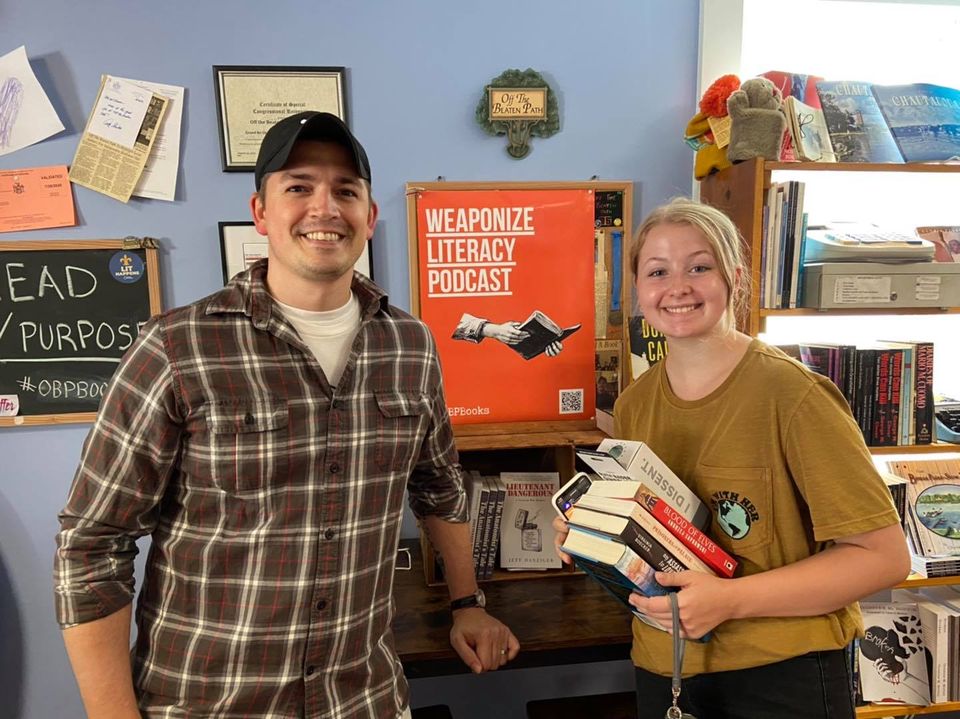 Posted on Facebook yesterday by
Posted on Facebook yesterday by 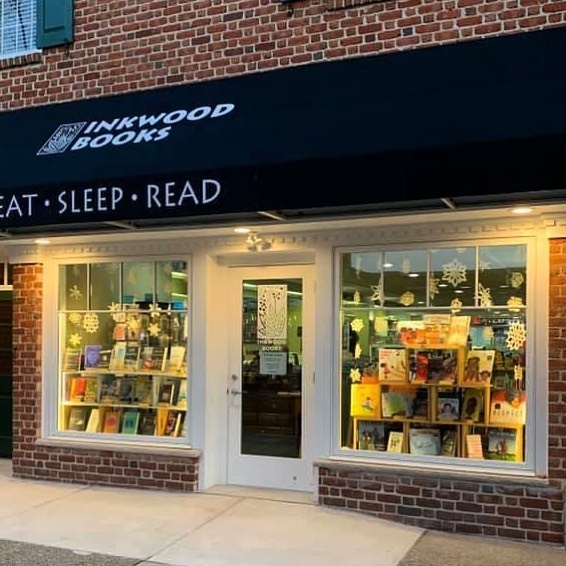 "
"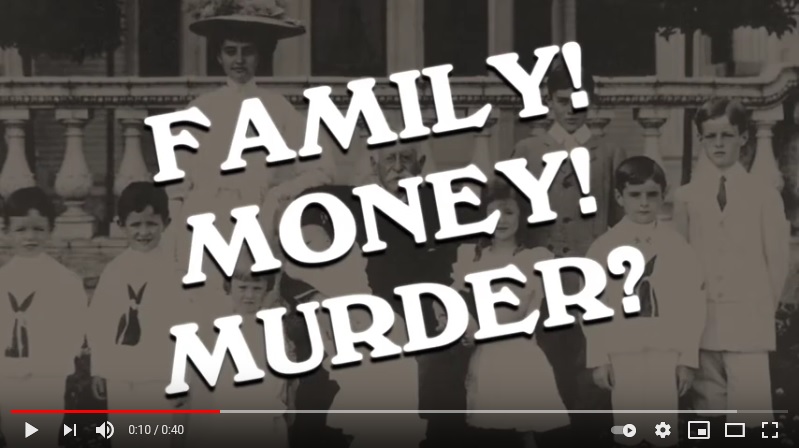 Pirate's Gold
Pirate's Gold
 Book you're an evangelist for:
Book you're an evangelist for: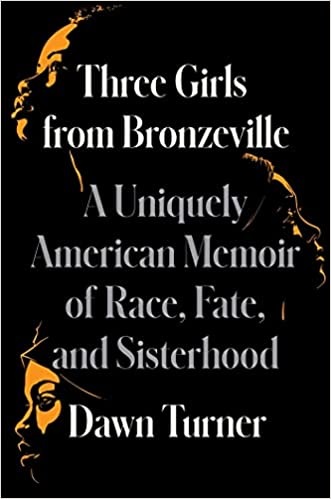 Journalist and novelist Dawn Turner (Only Twice I've Wished for Heaven; An Eighth of August) has spent her career writing about the intersections of politics, race and class in Chicago and across the United States, including coverage of Barack Obama's 2008 campaign. In Three Girls from Bronzeville: A Uniquely American Memoir of Race, Fate, and Sisterhood, those same connections become the lens through which Turner explores her own childhood memories, as well as those of her sister and childhood best friend, whose lives started so similarly and diverged in remarkable and heartbreaking ways over the decades.
Journalist and novelist Dawn Turner (Only Twice I've Wished for Heaven; An Eighth of August) has spent her career writing about the intersections of politics, race and class in Chicago and across the United States, including coverage of Barack Obama's 2008 campaign. In Three Girls from Bronzeville: A Uniquely American Memoir of Race, Fate, and Sisterhood, those same connections become the lens through which Turner explores her own childhood memories, as well as those of her sister and childhood best friend, whose lives started so similarly and diverged in remarkable and heartbreaking ways over the decades.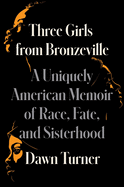
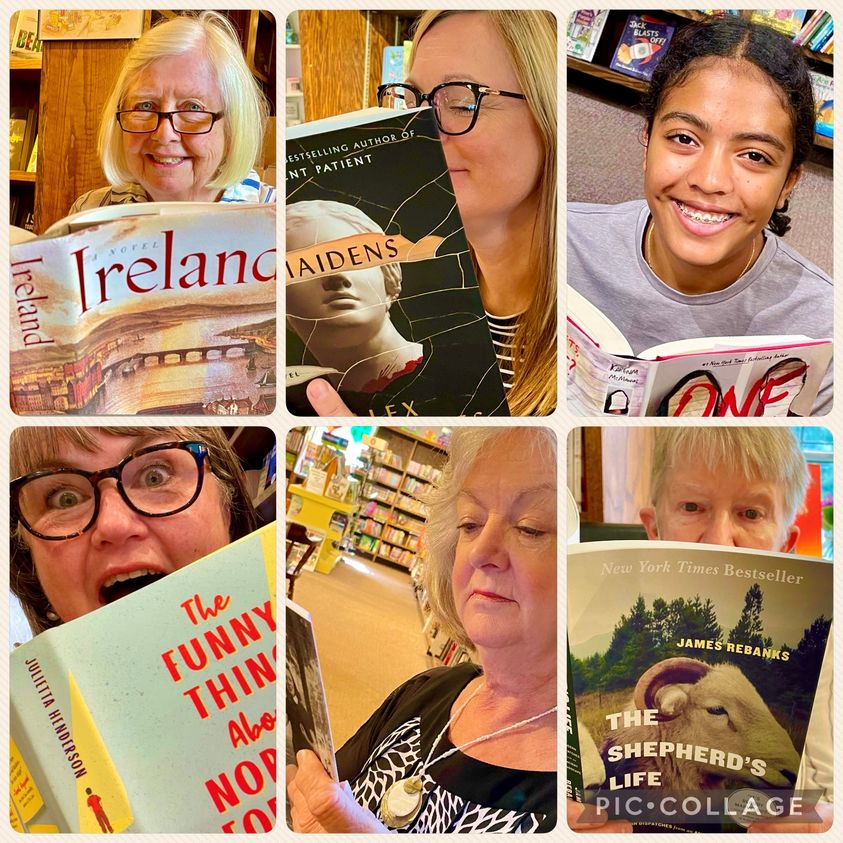
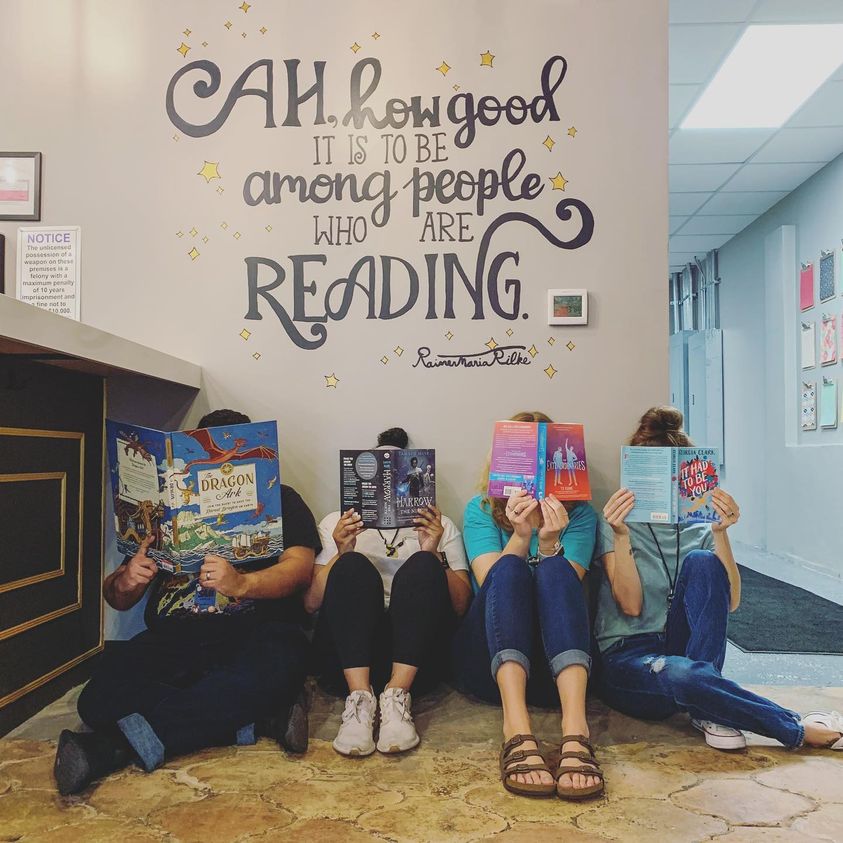 Nowhere Bookshop
Nowhere Bookshop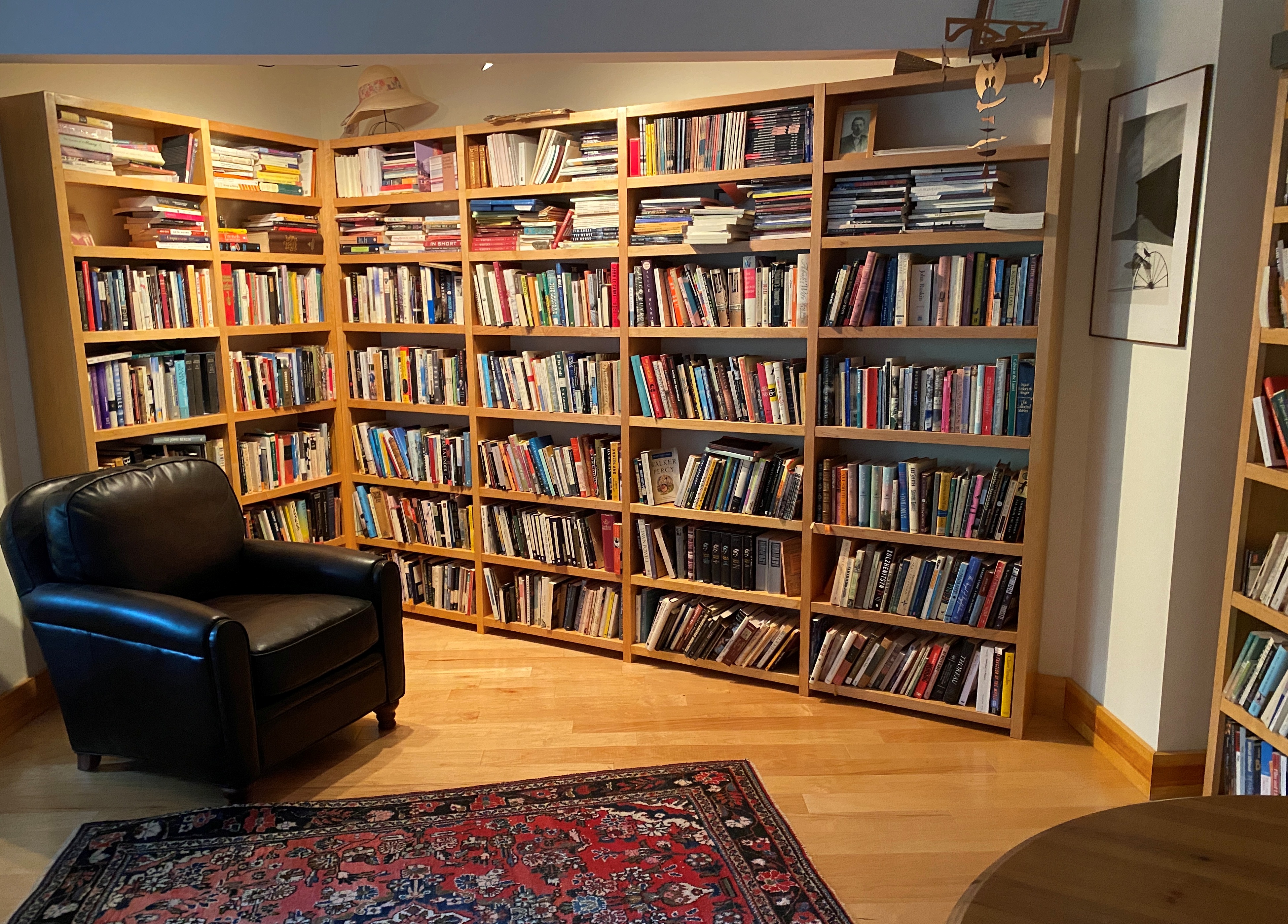 Citing the rise in "bookcase" searches ("largely surpassing 'book shelf' "), SEJ wrote: "Not only did Google showcase the types of terms marketers within the publishing or independent bookshop sectors can target as part of their digital advertising efforts, but they also touched upon other online shopping trends related to reading.... This not only helps marketers with allocating their advertising budgets but also when deciding what products to stock in the short and long term.... Optimizing for Google can often be a serious topic, so it's extremely refreshing when Google delivers information in quirky and fun ways."
Citing the rise in "bookcase" searches ("largely surpassing 'book shelf' "), SEJ wrote: "Not only did Google showcase the types of terms marketers within the publishing or independent bookshop sectors can target as part of their digital advertising efforts, but they also touched upon other online shopping trends related to reading.... This not only helps marketers with allocating their advertising budgets but also when deciding what products to stock in the short and long term.... Optimizing for Google can often be a serious topic, so it's extremely refreshing when Google delivers information in quirky and fun ways."